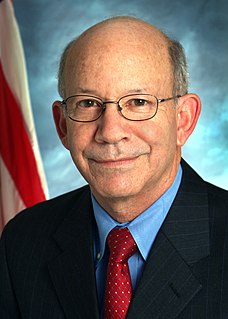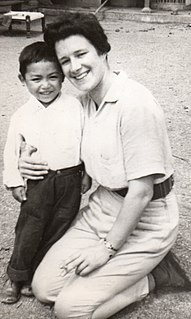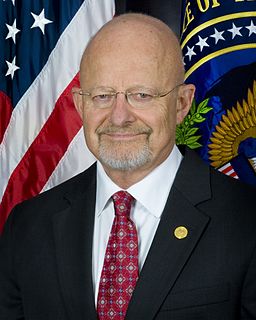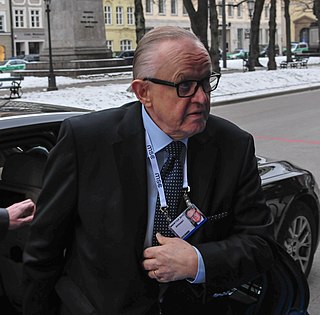A Quote by Peter DeFazio
The U.S. cannot force Sunnis, Shias, and Kurds to make peace or to act for the common good. They have been in conflict for 1,400 years.
Related Quotes
If Iran seeks to meddle in domestic Indian politics by creating disaffection among the Shias of Uttar Pradesh, what better way to counter that by reminding all concerned that while the Shias maybe an important vote bank in U.P., they constitute only 10 per cent of Indian Muslims, while the Sunnis account for an overwhelming 90 per cent.
It's easy to say, let's go in and get the bad guys. But you have a divided country of Sunnis and Shias. The United States goes and takes action there on behalf of the Iraqi government. You've got Iran coming in and saying we're going to stand with Iraqi Prime Minister Nuri al-Maliki, so now we're aligning ourselves with Iran, and if we do air strikes, becoming de facto air force for them.
We can never obtain peace in the world if we neglect the inner world and don't make peace with ourselves. World peace must develop out of inner peace. Without inner peace it is impossible to achieve world peace, external peace. Weapons themselves do not act. They have not come out of the blue. Man has made them. But even given those weapons, those terrible weapons, they cannot act by themselves. As long as they are left alone in storage they cannot do any harm. A human being must use them. Someone must push the button. Satan, the evil powers, cannot push that button. Human beings must do it.
We go from Malachi to Matthew in one page of our scriptures, but that one piece of paper that separates the Old Testament from the New Testament represents 400 years of history - 400 years where there wasn't a prophet, 400 years where God's voice wasn't heard. And that silence was broken with the cry of a baby on Christmas night.
The Israeli-Palestinian conflict seems to have been overshadowed by the upheavals in the region. I have followed events there for almost 40 years. I am convinced that what is needed for a solution is not only the willingness to negotiate in good faith but also to take into account the needs and sensibility of the negotiating partner. I, for one, just cannot believe that the value of settlements for Israel is bigger than the damage these settlements do as an obstacle to peace.


































